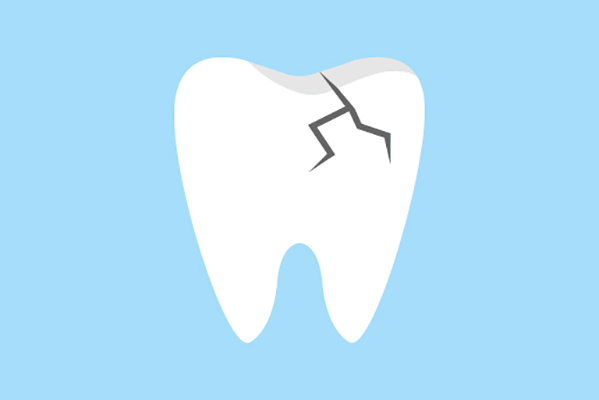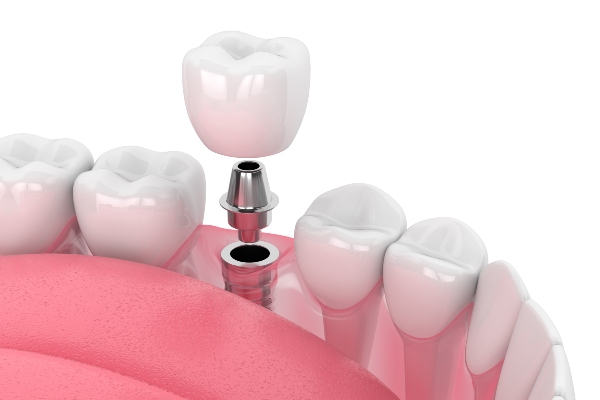 Wondering how a damaged tooth can be treated? Read on to learn how general dentistry addresses damaged teeth. A damaged tooth can result from a blow to the mouth, bruxism, and a range of other causes. There are several ways a general dentist can restore the health, appearance, and function of a damaged tooth. This article goes into why you should see a general dentist after incurring a damaged tooth.
Wondering how a damaged tooth can be treated? Read on to learn how general dentistry addresses damaged teeth. A damaged tooth can result from a blow to the mouth, bruxism, and a range of other causes. There are several ways a general dentist can restore the health, appearance, and function of a damaged tooth. This article goes into why you should see a general dentist after incurring a damaged tooth.
General dentistry options for damaged tooth treatment
If a damaged tooth is left untreated for an extended amount of time, then it could lead to severe discomfort and even the loss of the tooth. The good news is that most damaged teeth can be treated by a general dentist, restoring the appearance and function of the tooth.
What type of damaged teeth can a general dentist treat?
A general dentist can treat most types of teeth damage. Tooth damage typically results from a blow to the mouth, bruxism, or poor oral hygiene. Common types of tooth damage that general dentists include but are not limited to:
- Chipped teeth
- Cracked teeth
- Worn-down teeth
- Cavities
- Loose teeth
- Knocked-out teeth
Whether a tooth is chipped during a sporting event or teeth become worn down due to bruxism (teeth grinding at night), general dentists can examine and treat the tooth in most cases.
How can a general dentist treat a damaged tooth?
A general dentist can treat a damaged tooth in several ways. The recommended treatment depends on the type, cause, and severity of the damage. The most common general dentistry procedures used to treat a damaged tooth are:
- Dental crowns
- Dental bonding
- Dental veneers
- Tooth filling
- Root canal therapy
For emergency situations, it is important to visit a dentist that can assist patients promptly and offer the necessary emergency dental care services.
What are the symptoms of a damaged tooth?
If a tooth is damaged severely or in a sudden manner, then it most likely is noticeable right away. However, there are some instances where the symptoms are more subtle. The most common symptoms of a damaged tooth that require prompt attention from a dental professional are:
- Tooth pain
- Tooth sensitivity
- Loose tooth
- Gum pain and swelling
- Jaw complications
Anytime there is discomfort or visible tooth damage following a blow to the face or if pain develops that does not go away, then it is important to seek treatment from a general dentist. Otherwise, the concern can continue to worsen and lead to more severe issues, including the potential loss of the tooth or the development of an oral infection that has the potential to spread to other parts of the body.
Get in touch with our general dentistry team
Reach out to us today to learn more about how we can identify the severity of your damaged tooth and treat it in the most effective way possible. We take pride in restoring the health and appearance of our patient’s smiles after a damaged tooth occurs.
Request an appointment or call Eric A. Larson DDS at 801-871-8983 for an appointment in our Salt Lake City office.
Related Posts
One of the more common concerns treated in general dentistry is a toothache. Treating toothaches involves determining the cause(s) of the toothache and treating the underlying concern because a toothache is generally a symptom of a more serious oral health issue.There are numerous ways a dentist can treat a toothache, and the most appropriate solution…
General dentistry focuses on keeping your teeth and gums healthy. Teeth cleanings are one of the staples of general dentistry, and the American Association of Dentists recommends getting them at least two times per year. The procedure protects teeth against tooth decay and gum disease.Tooth decay and gum disease are the top two reasons people…
General dentistry practices are focused on the long-term prevention of oral health problems for their patient to help them avoid the need for restorative care, which is more invasive and expensive. One way they help with prevention is by recommending effective toothbrushes and toothpaste.Choosing the right toothbrush and toothpaste can make a big difference in…


